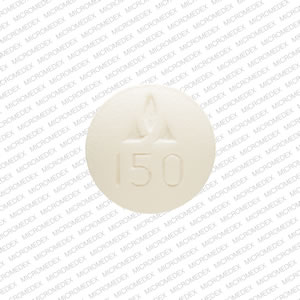VESIcare Dosage
Generic name: SOLIFENACIN SUCCINATE 5mg
Dosage form: tablet, film coated
Drug class: Urinary antispasmodics
Medically reviewed by Drugs.com. Last updated on Oct 21, 2024.
Dosing Information
The recommended oral dose of VESIcare is 5 mg once daily. If the 5 mg dose is well tolerated, the dose may be increased to 10 mg once daily.
VESIcare should be taken with water and swallowed whole. VESIcare can be administered with or without food.
Dosing Recommendations in Patients with Renal Impairment
Do not exceed 5 mg once daily in patients with severe renal impairment (CLcr < 30 mL/min/1.73 m2).
More about VESIcare (solifenacin)
- Check interactions
- Compare alternatives
- Pricing & coupons
- Reviews (145)
- Drug images
- Side effects
- During pregnancy
- Generic availability
- FDA approval history
- Drug class: urinary antispasmodics
- Breastfeeding
- En español
Patient resources
Other brands
Professional resources
Other brands
Related treatment guides
See also:
Further information
Always consult your healthcare provider to ensure the information displayed on this page applies to your personal circumstances.


